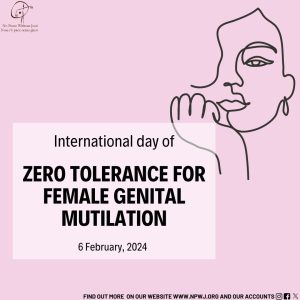Every year on 10 December the international community observes Human Rights Day, which honours and remembers the day in 1948 on which the United Nations General Assembly adopted the Universal Declaration of Human Rights (UDHR). The day is officially celebrated as Human Rights Day since 1950, after the United Nations General Assembly (UNGA) passed a resolution to adopt it as a celebration of human rights. The Universal Declaration of Human Rights is a landmark in the history of human rights documents, setting out those basic, fundamental, and inalienable rights to which everyone is entitled and forming the basis for several more detailed human rights instruments since then.
This year’s theme announced by the United Nations – the main promoter of this international day – is “Recover Better – Stand Up for Human Rights”. The theme relates to the ongoing COVID-19 pandemic and the consequences it has had and continues to have worldwide, both directly in terms of unfortunate deaths and negative health effects, and indirectly, in terms of, for example, increasing violence against women and general worsening of mental health. Consequently, this year’s Human Rights Day concentrates on the recovery from the pandemic and the need to ensure that human rights are central to the recovery effort.
The United Nations suggest that there are four steps to take on the way to recovery. We must work towards ending discrimination of any kind: address inequalities; encourage participation and solidarity; and promote sustainable development.
No Peace Without Justice shares the principles on which the Universal Declaration of Human Rights is built and encourages all stakeholders to support the principles the United Nations has outlined as necessary for a successful and egalitarian recovery.




